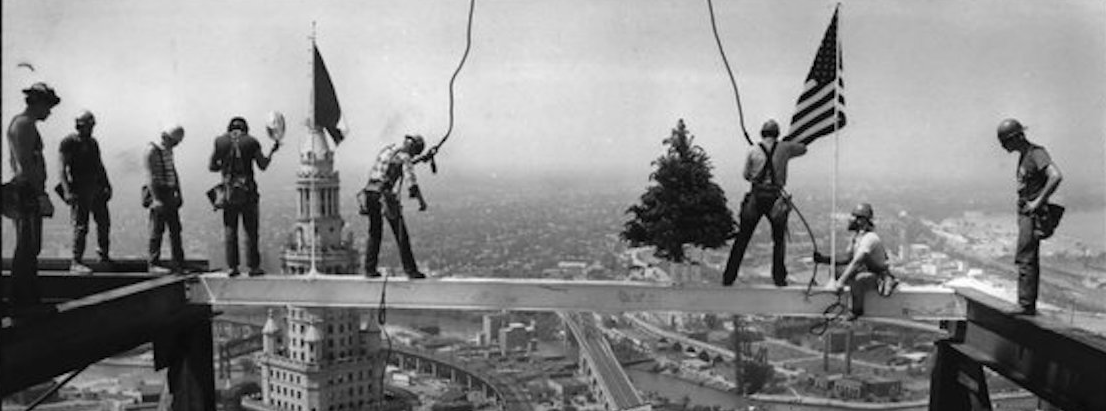Constitutional editors gather in Ohio: editorial (Plain Dealer 1/1/12)
on January 01, 2012 at 8:19 PM, updated January 04, 2012 at 5:51 PM
Ohioans periodically are asked, by a statewide ballot question, if they wish to call a convention to revise or replace the Ohio Constitution, last overhauled in 1912.
Voters said no in 1932, 1952, 1972 and 1992. They’ll be asked again this November, and there’s at least a chance they’ll say yes. Either way, the timing couldn’t be better for the new Ohio Constitutional Modernization Commission, which met Wednesday for the first time.
The commission’s two chairmen are experienced legislators: Ohio House Speaker William Batchelder, a Medina Republican, and Rep. Vernon Sykes, an Akron Democrat.
Other Northeast Ohio legislators on the panel are Sen. Michael Skindell, a Lakewood Democrat, and Reps. Lynn Slaby, a Copley Republican, Kathleen Clyde, a Kent Democrat, and Sen. Larry Obhof, a Republican who represents Medina, Holmes and Wayne counties and portions of Ashland County.
All told, six state senators and six state representatives — half from each party — are members of the commission. The 12 legislators will pick 20 nonlegislators as commissioners, for a grand total of 32.
The aim of the commission is to make recommendations to the General Assembly for potential constitutional amendments. And if Ohio voters do call a constitutional convention, the commission is required to recommend potential amendments to the convention.
‘Any commission recommendation for an amendment would have to be supported by at least two-thirds of the commission’s 32 members. And no recommended amendment could become part of the Ohio Constitution without supermajority votes of the General Assembly, followed by a statewide referendum.
Through General Assembly grandstanding and voter-petitioned special-interest amendments, the constitution is bloated with arguably unnecessary verbiage. For example, the constitution specifies, by tax-parcel numbers, the exact locations of the four casinos under construction in Ohio. That meant that re-siting the Columbus casino across town required a statewide referendum. That’s just one of the legal absurdities the Constitutional Modernization Commission needs to address as it moves forward.
It’s sure to find others.
